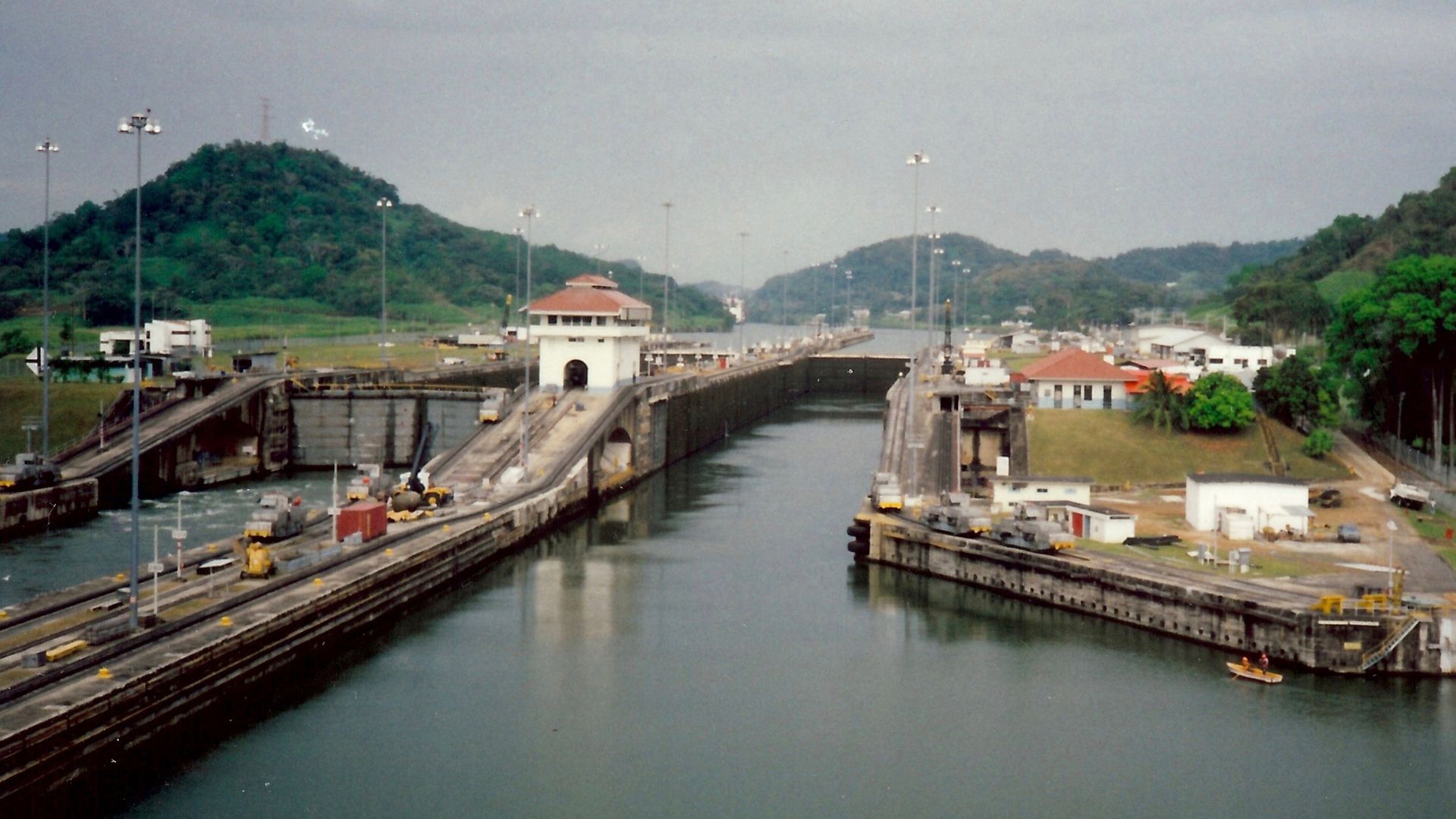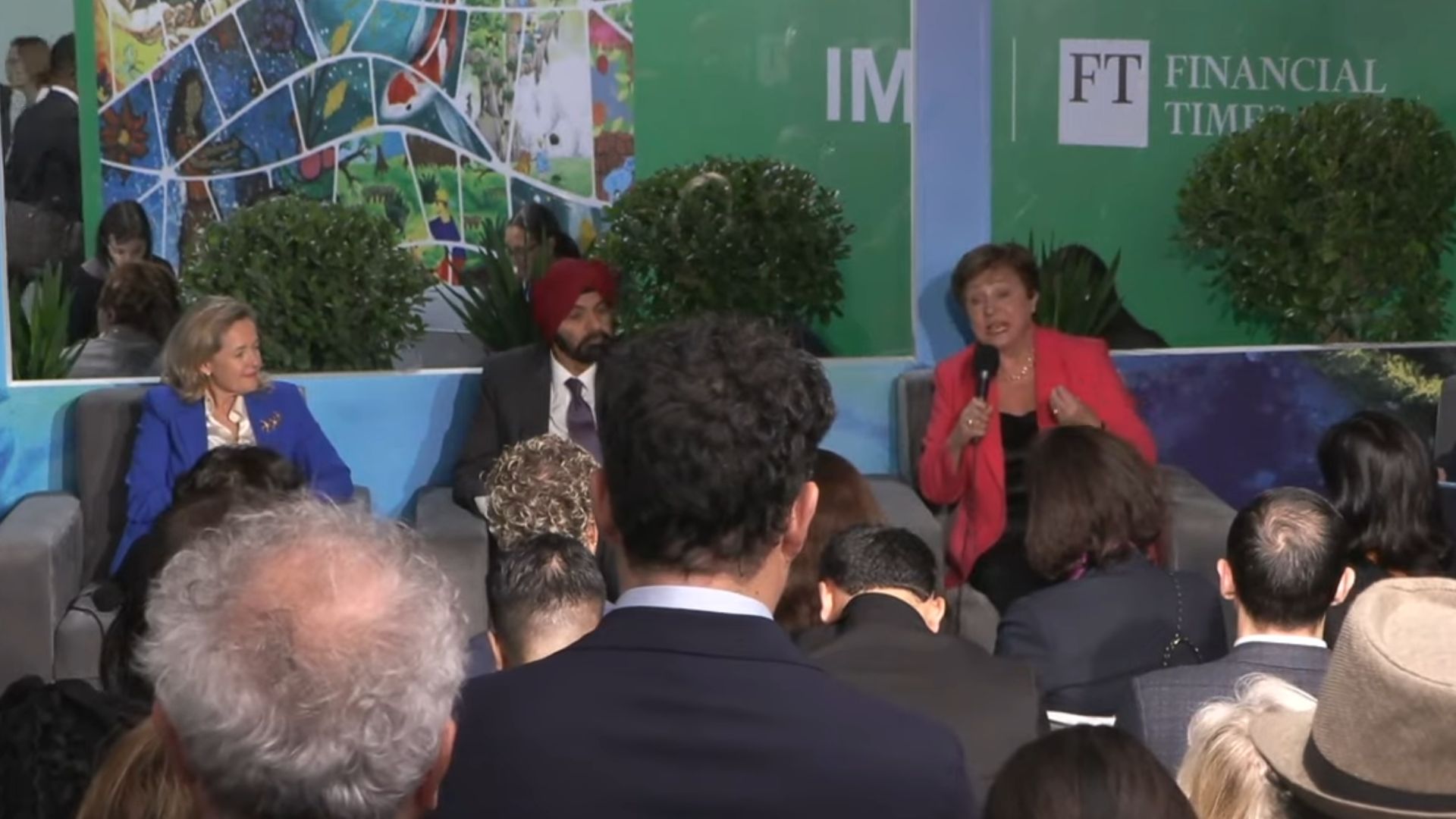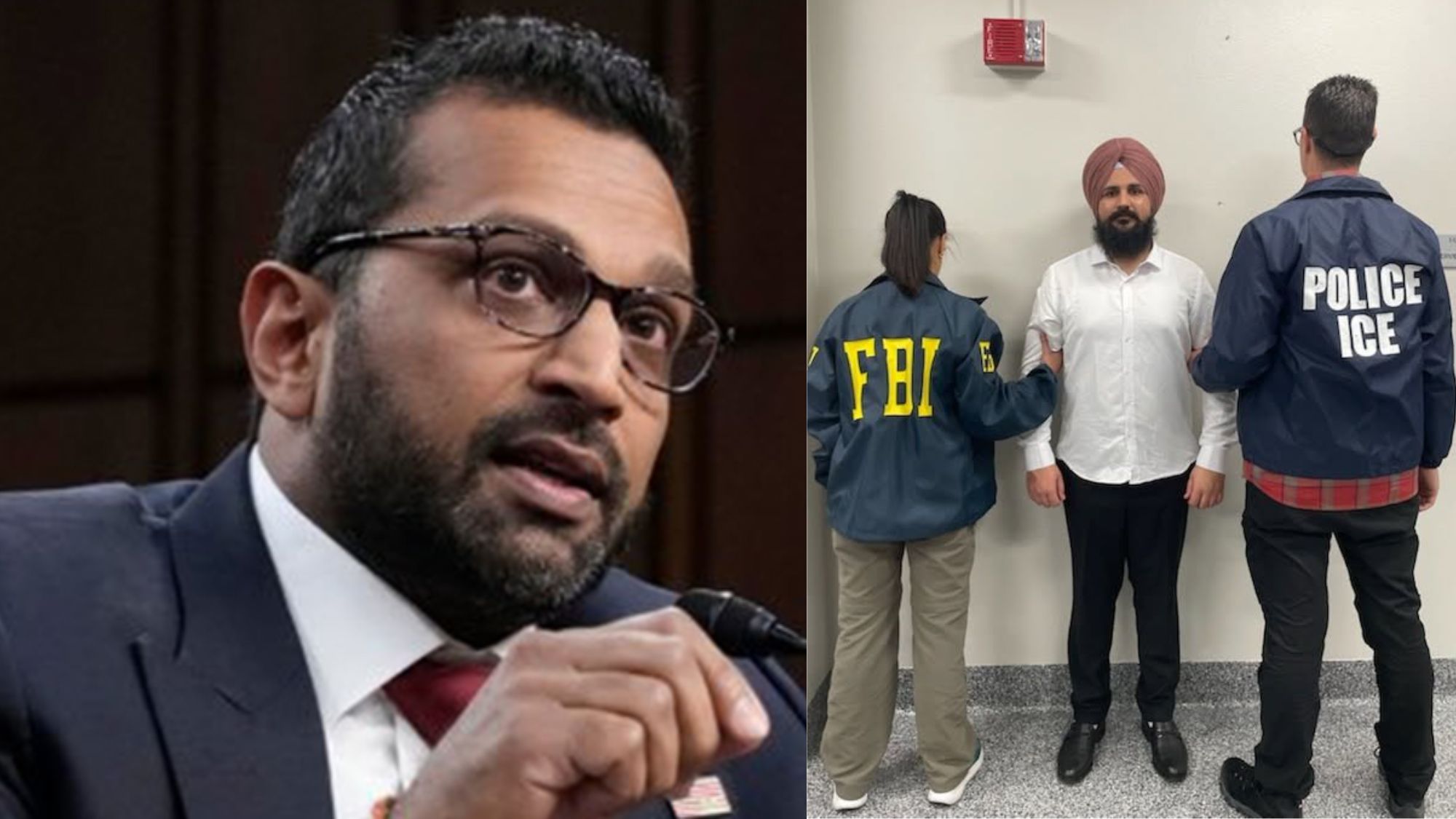PANAMA CITY, Panama (Diya TV) — The United States has reached a landmark security cooperation agreement with Panama that promises to reshape the geopolitical landscape of the Western Hemisphere and curb China’s growing regional influence.
Announced during U.S. Defense Secretary Pete Hegseth’s recent visit to Panama, the deal follows months of quiet diplomacy and intensifying concern in Washington over Beijing’s expanding economic footprint across Latin America, particularly near the 51-mile Panama Canal, one of the world’s most critical trade arteries.
The agreement includes joint military exercises and an arrangement to prioritize U.S. warships in the canal, possibly offering a cost-neutral toll compensation scheme. While Panama insists it cannot legally offer “free” passage under existing neutrality treaties, Hegseth described the outcome as “first and free,” signaling a win for the Trump administration’s push to reassert influence in the region.
However, Panama has drawn a clear line on sovereignty. President Jose Raul Mulino has resisted calls to reestablish U.S. military bases in the country and emphasized the canal’s neutrality. A joint statement released by both nations included a notable discrepancy: the Spanish-language version affirmed Panama’s “inalienable sovereignty” over the canal — a line omitted from the Pentagon’s English version, prompting speculation about Washington’s intentions.
The backdrop to this shift is a complex geopolitical struggle. For years, China has made inroads in Latin America through its Belt and Road Initiative (BRI), funding ports, roads, and airports across the region. Panama joined the BRI in 2017 but announced its withdrawal earlier this year. Vice Minister of Foreign Affairs Carlos Guevara Mann told the South China Morning Post that Panama had gained “nothing” from the initiative and that the exit was not entirely due to U.S. pressure.
Still, China’s influence remains palpable. Chinese companies, including CK Hutchison Holdings, operate ports at both ends of the canal. In March, CK Hutchison announced plans to sell these assets in a $23 billion deal with U.S. investment giant BlackRock — a move welcomed by Washington but strongly opposed by Beijing. China has since launched an antitrust review of the transaction and reportedly pressured the Hong Kong-based firm to cancel the sale, citing national security concerns.
President Donald Trump has repeatedly cited concerns about Chinese control over the canal and has not ruled out a military intervention to “reclaim” it. Though such a move would represent a dramatic departure from decades of bipartisan U.S. foreign policy, Trump’s rhetoric has inflamed tensions and sparked protests in Panama, where demonstrators recently burned a U.S. flag in front of the American embassy.
Experts caution that aggressive U.S. posturing could backfire. Natasha Lindstaedt, a political scientist at the University of Essex, described widespread anxiety in Panama over Trump’s return. “There’s complete bewilderment and fear as to why they are doing this and when it will end,” she said.
Jorge Heine, a former Chilean ambassador to China and professor at Boston University, noted that while Trump’s rhetoric can be extreme, he is unlikely to engage in full-scale military action. “The best way to proceed is for the United States to compete with China,” Heine said, suggesting that offering better trade, infrastructure, and development deals would be more effective than trying to block Beijing outright.




